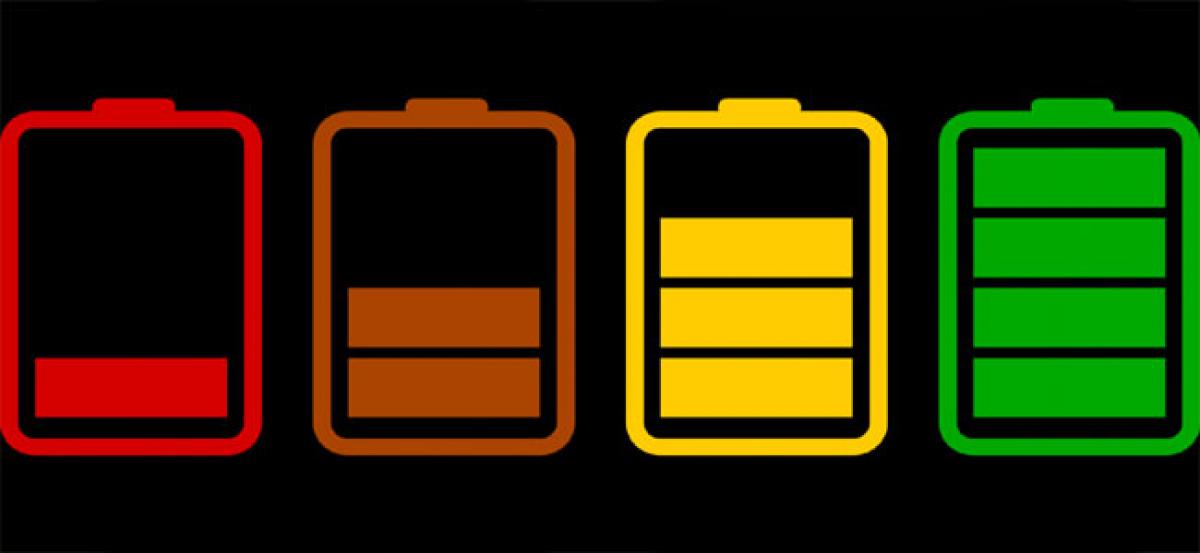
A team of researchers has developed a new plating technology that can curb some of the potential dangers posed by lithium ion batteries.
Repeated lithium deposition/dissolution during charge/discharge can cause serious accidents due to the deposition of lithium dendrites that penetrate the separator and induce internal short-circuiting, the researchers said in their study published in Physical Chemistry Chemical Physics.
The team, led by Susumu Arai from Shinshu University, said that this new development could help society realise a low-carbon future.
“Lithium metal is inherently unsuitable for use in rechargeable batteries due to posing certain safety risks,” said Arai.
Dendrites, named after their biological brethren, branch off a main source and send electrical impulses at locations that may not be secured.
“A number of approaches have been developed to prevent the growth of lithium dendrites… which are complicated and have some problems,” said Masahrio Shimizu, an assistant professor and the paper’s first author.
“In contrast, our strategy of adding magnesium salt is extremely simple.”
The researchers introduced a type of magnesium salt capable of combining with lithium, to stop lithium’s continued dendritic branching.
It worked, but they found it difficult to reverse, which is necessary in rechargable batteries.
Now, the researchers are studying the benefits of other types of magnesium salts, as well as working to improve the electrochemical stability of the salt combined with lithium to make reversal easier.
